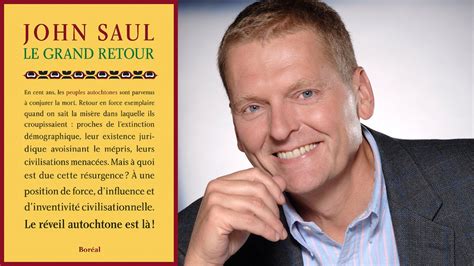A Quote by Dalai Lama
If one's cause is supported by sound reasoning, there is no point in using violence. It is those who have no motive other than selfish desire and who cannot achieve their goal through logical reasoning who rely on force.
Related Quotes
If there are sound reasons or bases for the points you demand, then there is no need for violence. On the other hand, when there is no sound reason that concessions should be made to you but mainly your own desire, then reason cannot work and you have to rely on force. Thus using force is not a sign of strength but rather a sign of weakness.
... if you insist that the inference is made by a chain of reasoning, I desire you to produce that reasoning. The connection between the two is not intuitive. There is required a medium, which may enable the mind to draw such an inference, if indeed it be drawn by reasoning and argument. What that medium is, I must confess, passes my comprehension; and it is incumbent on those to produce it, who assert that it really exists, and is the origin of all our conclusions concerning matter of fact.
The Reader may here observe the Force of Numbers, which can be successfully applied, even to those things, which one would imagine are subject to no Rules. There are very few things which we know, which are not capable of being reduc'd to a Mathematical Reasoning, and when they cannot, it's a sign our Knowledge of them is very small and confus'd; and where a mathematical reasoning can be had, it's as great folly to make use of any other, as to grope for a thing in the dark when you have a Candle standing by you.
In every enterprise ... the mind is always reasoning, and, even when we seem to act without a motive, an instinctive logic still directs the mind. Only we are not aware of it, because we begin by reasoning before we know or say that we are reasoning, just as we begin by speaking before we observe that we are speaking, and just as we begin by seeing and hearing before we know what we see or what we hear.
It is difficult to distinguish deduction from what in other circumstances is called problem-solving. And concept learning, inference, and reasoning by analogy are all instances of inductive reasoning. (Detectives typically induce, rather than deduce.) None of these things can be done separately from each other, or from anything else. They are pseudo-categories.
The deep paradox uncovered by AI research: the only way to deal efficiently with very complex problems is to move away from pure logic.... Most of the time, reaching the right decision requires little reasoning.... Expert systems are, thus, not about reasoning: they are about knowing.... Reasoning takes time, so we try to do it as seldom as possible. Instead we store the results of our reasoning for later reference.
I would call the attention of the reader to the difference between "reason" and "reasoning." Reason is a light, reasoning a process. Reason is a faculty, reasoning an exercise of that faculty. Reasoning proceeds from one truth to another by means of argumentation. This generally involves the whole mind in labor and complexity. But reason does not exist merely in order to engage in reasoning. The process is a means to an end. The true fulfillment of reason as a faculty is found when it can embrace the truth simply and without labor in the light of single intuition.
Chélan had acted as imprudently for Julien as he had for himself. He had given him the habit of reasoning correctly, and of not being put off by empty words, but he had neglected to tell him that this habit was a crime in the person of no importance, since every piece of logical reasoning is offensive.
Since reasoning , or inference, the principal subject of logic, is an operation which usually takes place by means of words , and in complicated cases can take place in no other way: those who have not a thorough insight into both the signification and purpose of words, will be under chances, amounting almost to certainty, of reasoning or inferring incorrectly.








































